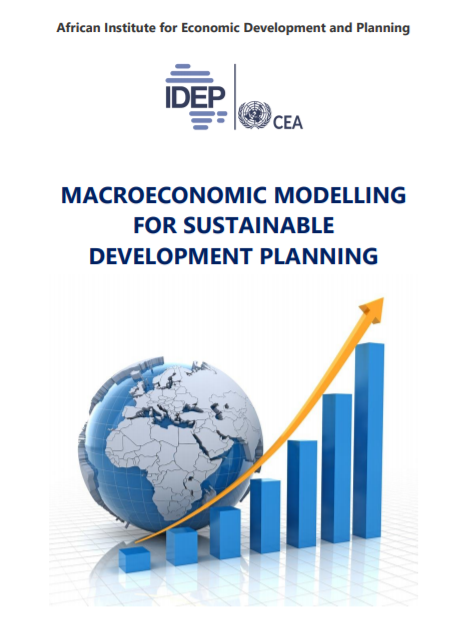Online Course: Macroeconomic Modelling for Sustainable Development Planning
PROGRAM RATIONALE
The rebirth of development planning in Africa means that policymakers now need to adopt a holistic approach when designing social and economic policies. This is also valid for the implementation of agenda 2030 as there are interlinkages between the targets of Sustainable Development Goals (SDGs). In this framework, macroeconomic modelling is an important tool for decision making as it aims to represent the linkages between different macroeconomic variables in order to answer crucial questions relating, for instance, to the impact of particular policy measures or economic shocks on growth. Furthermore, macroeconomic modelling can be helpful to simulate shocks on the achievement of SDGs. Apprehending the methods and tools of macroeconomic modelling is thus essential for African policymakers and economists for sustainable development.
Economic models broadly speaking vary in terms of their theoretical foundations and/or objectives. They are characterized by:
(i) the way they describe macroeconomic equilibrium in each market and
(ii) the way they describe economic behaviours (investment, consumption etc.).
More precisely, models offer a simplified vision of the functioning of an economy via a quantitative analysis and they aim to predict the evolution of macroeconomic variables.
It is therefore important that policymakers understand recent developments in the area of macroeconomic modelling and their implications for the construction of economic models which can efficiently address key policy issues in the specific context of the implementation of agenda 2030.
LEARNING OBJECTIVES
The goal is to enable participants learn about how economic models are built and to use models to enquire and answer questions regarding how shocks affect the economy. This course aims to develop participants understanding and use of different models in the analysis of national economies and its sectors. Topics will typically include development of models and the interpretation of results. The emphasis throughout is on familiarizing participants with the practical application of multi-sectoral modelling techniques to address important issues in development economics and policy analysis in the framework of the implementation of Agenda 2030.
